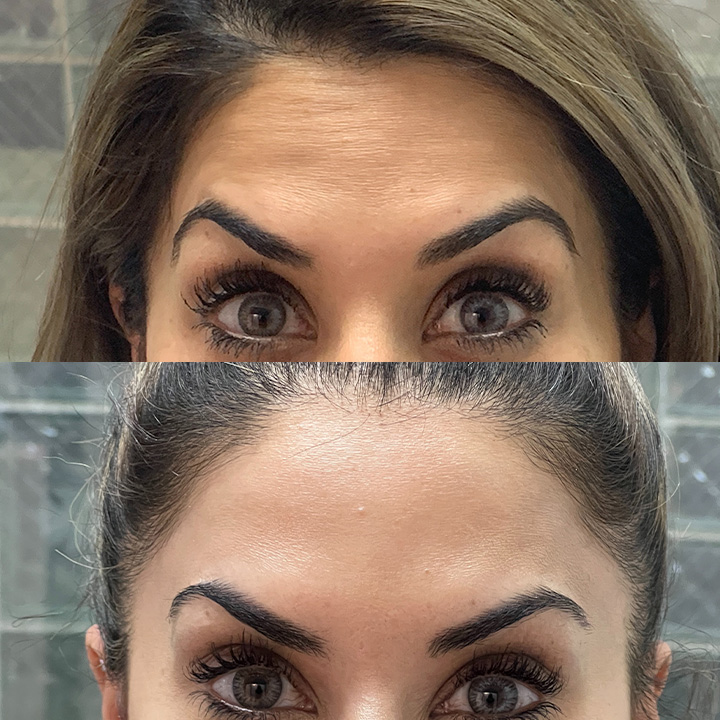
Botox injections have gained immense popularity in recent years as a non-invasive cosmetic treatment to reduce wrinkles and fine lines. Derived from the bacterium Clostridium Botulinum, Botox works by temporarily paralyzing muscles, resulting in a smoother and more youthful appearance. While generally considered safe when administered by licensed professionals, there is a rare risk of botulism after Botox injections. In this article, we will delve into the essential details of botulism and how to minimize its risks.
Botulism is a rare but potentially life-threatening condition caused by the bacterium Clostridium Botulinum. It produces a neurotoxin that affects the nervous system, leading to muscle weakness and paralysis. When botulinum toxin spreads beyond the intended injection site, it can cause a range of symptoms that vary in severity, from mild discomfort to severe complications.
The incidence of botulism as a result of Botox injections is incredibly low. Licensed and skilled professionals are well-trained in administering precise doses, reducing the risk of complications. However, cases of botulism have been reported in connection with cosmetic Botox treatments.
The most common cause of botulism after Botox injections is the spread of the neurotoxin to unintended muscles or tissues. Inexperienced injectors, incorrect dosage, or poor administration technique can lead to the migration of the toxin, resulting in unintended muscle paralysis. That is why it is so important to visit an experience and specialized provider when you receive Botox injections. At Aesthetic Skin MD with Dr. Anil Shah in Chicago, our providers have years of experience from injecting neurotoxin daily.
Symptoms of botulism can vary, depending on the extent of toxin spread and the amount absorbed by the body. Common signs include:
Muscle Weakness
This is the hallmark symptom of botulism. It usually begins at the injection site and may gradually spread to surrounding muscles.
Difficulty Swallowing and Speaking
As the toxin affects the muscles responsible for swallowing and speech, patients may experience difficulty in these functions.
Blurred Vision
Botulism can affect the muscles controlling eye movement, leading to double vision or blurred vision.
Breathing Difficulties
In severe cases, botulism can cause respiratory problems, which can be life-threatening.
Minimizing the risk of botulism after Botox injections is crucial, and both patients and practitioners have roles to play in ensuring a safe treatment experience.
Choose a Qualified and Licensed Professional
When considering Botox injections, always seek a licensed medical professional with a proven track record in administering Botox treatments.
Research and Consultation
Before undergoing any procedure, research the clinic or practitioner’s credentials and read reviews from previous patients. Consult with the professional to discuss your medical history, expectations, and any concerns you may have.
Understand the Procedure
Gain a thorough understanding of the Botox procedure, the potential side effects, and the expected outcomes.
Verify the Authenticity of Botox
Ensure that the Botox used in your treatment is genuine and sourced from reputable suppliers. At Aesthetic Skin MD, our providers only use medical grade neurotoxin, usually Dysport or Botox.
Follow Post-Treatment Instructions
Adhere strictly to post-treatment instructions provided by the professional, and report any unusual symptoms or concerns immediately.
Botulism after Botox injections is an exceptionally rare occurrence, but it highlights the importance of selecting qualified professionals and understanding the procedure’s risks and benefits. By taking appropriate precautions and being vigilant about any adverse reactions, patients can ensure a safe and successful Botox treatment. Remember, open communication with the administering professional is key to a positive cosmetic experience.
Don’t let this information scare you. Receiving Botox from an accredited practice and following post-treatment instructions allows for a safe and optimal Botox experience.